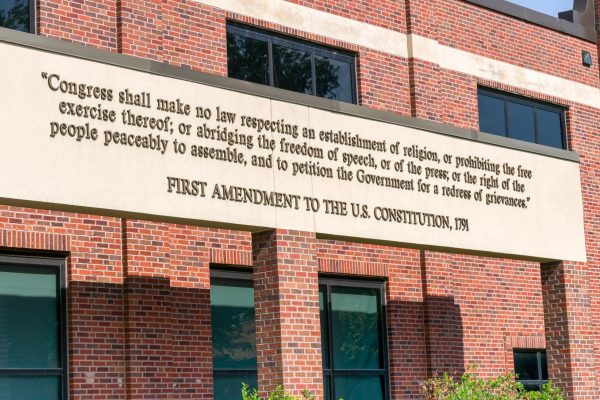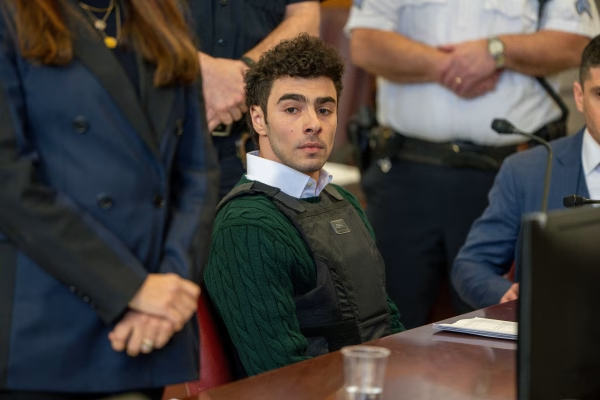Stigma misconstrued between mental illness and gun violence
In the wake of another school shooting, this time at Marjory Stoneman Douglas High School where 17 people died, there are calls for mental health reform. This is a harmful and inaccurate understanding of the problem. Mass shootings are rarely done by people with mental illnesses.
According to Julie Beck in her 2016 article titled “Untangling gun violence from mental illness,” four percent of all violence can be contributed to mental illnesses.
People with mental illnesses face a lot of stigma. They are treated as if they are dangerous, liars, attention seekers and crazy. This puts the lives of those with mental illnesses in great danger.
People with mental illnesses are much more likely to be the victims of violence and abuse than they are to cause it.
Crystal Phend, a senior associate editor at MedPage who specializes in writing about medicine, wrote an article called “Mentally ill often targets of violence,” in 2012. In this article she showed that one in four people with a mental illness will suffer from violence in any given year.
“The odds of physical, sexual or intimate partner violence in the prior 12 months… is 286 percent higher for the mentally ill,” Phend wrote.
Mental illness stigma is dangerous in another way. People often don’t seek help for mental illnesses because they don’t want to be outcasts for getting treatment.
“The prejudice and discrimination of mental illness is as disabling as the illness itself. It undermines people attaining their personal goals and dissuades them from pursuing effective treatments,” stated psychological scientist Patrick W. Corrigan in a report titled, “The impact of mental illness stigma on seeking and participating in mental health.”
People with mental illnesses, during a crisis, are often met with police instead of medical attention. According to the National Alliance on Mental Illness, two million people who have mental illnesses are jailed every year. NAMI also has said that the vast majority of those jailed are for non-violent offenses.
If society is so determined to only ever discuss mental health after acts of mass violence, then let’s do it. Mental health reform is important and legislation needs to be passed. A national and useful conversation needs to be had, but we can’t just use the mentally ill as a scapegoat and not talk about the actual causes of mass violence.
Your donation will support the student journalists of Park University. Your contribution will allow us to cover our annual website hosting costs, freeing up other funds for equipment, printing and training.





